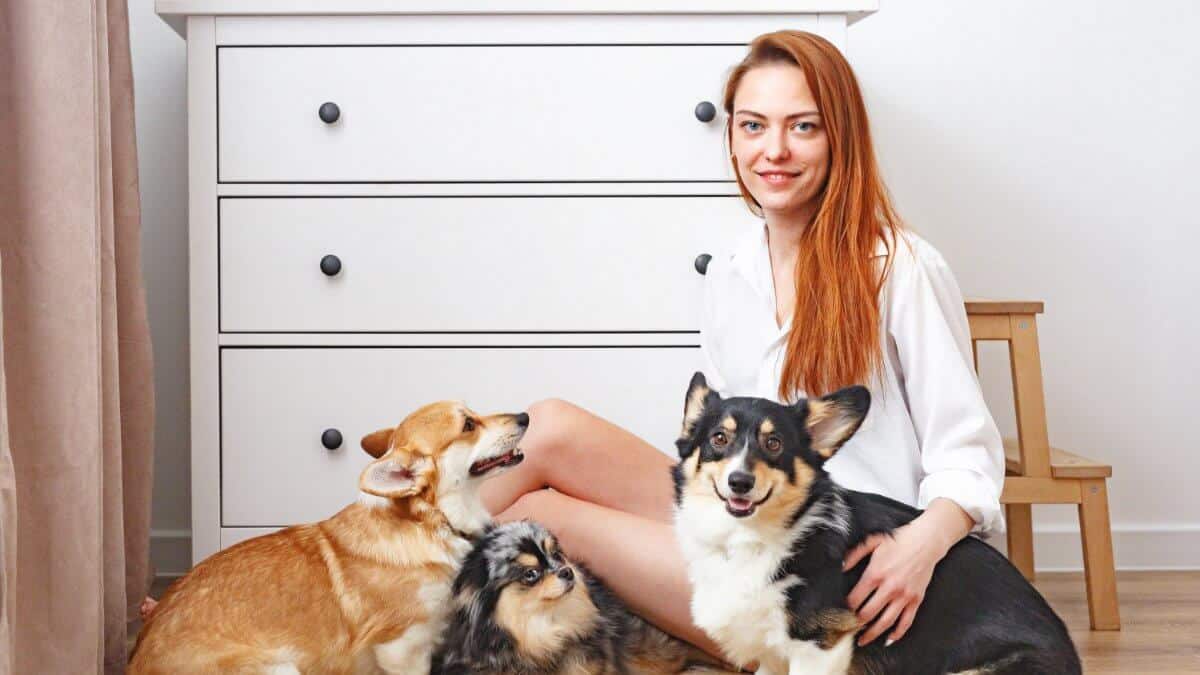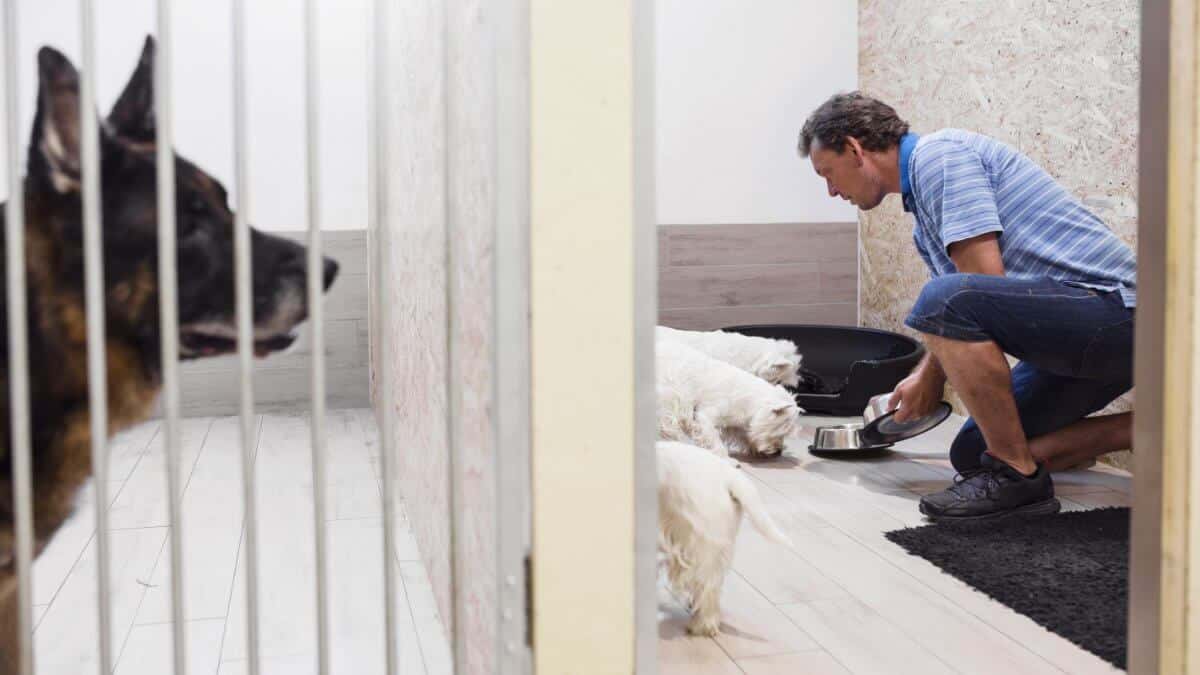
Home » Who’s Watching Your Dog While You’re Away? How to Find the Best Care Option

Heading out of town is exciting, but for dog owners, it also brings a big question: Who will care for your dog while you’re gone? Whether it’s a weekend trip or an extended vacation, your dog’s well-being needs to be a top priority. Choosing the right care setup can make the difference between a smooth trip and coming home to a stressed or unwell pup.
Here’s how to figure out what kind of care is best and how to find the right person or place to trust with your dog.
Before you start exploring options, think about your dog’s behavior and temperament. Is your dog social and energetic, or shy and attached to home routines? Does your dog have separation anxiety? Is she used to other dogs or more of a one-on-one kind of companion?
A friendly dog may thrive in a busy kennel with play groups and new friends. A nervous or older dog may do better at home with a dedicated pet sitter. Matching the environment to your dog’s needs is key to their comfort and safety.

Here are the main options to consider for dog care:
Pros: Low stress for your dog and consistent routine.
Cons: You need to trust someone with your house keys and access to your belongings.
Pros: Structured care and backup staff if someone is sick or unavailable.
Cons: Can be overstimulating or stressful for sensitive dogs.
Pros: Ideal for dogs with health needs.
Cons: Less social or playful environment.
Pros: Comfort and familiarity for your dog.
Cons: Less structured, and not everyone knows how to handle emergencies.

No matter which option you choose, do your homework. Ask for references, especially if hiring a professional. Read reviews and schedule a meet-and-greet while your dog is present. You want to see how they interact and whether your dog seems comfortable.
If using a boarding kennel, visit in person. Look for clean facilities, safe enclosures, and friendly staff. Ask about their emergency procedures, feeding schedules, and playtime routines.
If you are not part of the dog show world, you might not be aware that some professional handlers or avid amateur handlers have kennels and might offer boarding. Many of my handler dog show friends are the most knowledgeable and trustworthy folks I can think of, and I would certainly trust my dog with them. Ask around. Your veterinarian or groomer might have some names to suggest.

If this is your dog’s first time boarding or using a sitter, consider a short trial. A single night or even an afternoon visit can help both you and your dog get more comfortable. It can also highlight any unexpected issues before you leave for a longer trip.
Set your dog and their caregiver up for success with good preparation. Provide:
Routine is especially important. The more consistency you can provide, the more secure your dog will feel in your absence.

Pet cameras let you check in, talk to your dog, or even toss a treat. Some GPS collars track walks and let you confirm activity levels. These tools are useful supplements, but they do not replace a great caregiver.
If something doesn’t feel right, pay attention. Whether it’s a facility that looks “off” or a sitter who seems too casual about your instructions, listen to your gut. Your dog relies on you to make the best decision.

Knowing your dog is in good hands allows you to relax and enjoy your time away. Whether you choose a sitter, a kennel, or a trusted friend, taking the time to match your dog with the right care ensures a happier homecoming for both of you.
